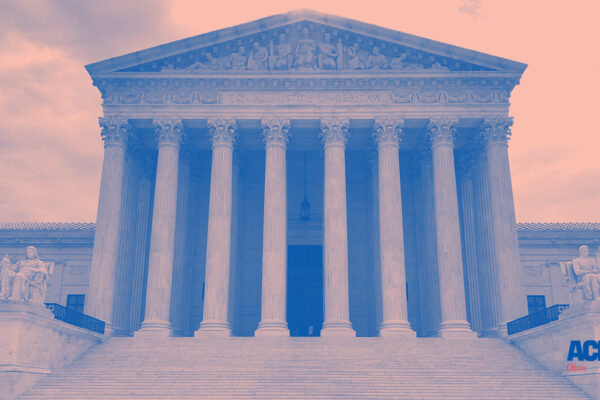On October 8th, the Supreme Court of the United States will decide if Title VII of the Civil Rights Act of 1964 will protect the rights of LGBTQ individuals against workplace discrimination. Title VII prevents discrimination in the workplace based on race, color, religion, national origin, and sex; however, the current question is whether this law prevents discrimination against a worker based on their sexual orientation or gender identity. If the Supreme Court decides that the protections against ‘sex discrimination’ within Title VII does
not include protections against sexual orientation or gender identity discrimination, employers will be able to fire LGBTQ employees simply because they identify as LGBTQ.
There are three cases that are being argued on the 8th:
Altitude Express v. Zarda concerns a skydiving instructor, Donald Zarda, who needed to jump in close proximity to the people skydiving. He would
reveal to his female clients that he was gay in order to make them more comfortable with the experience. One woman, however, said that Donald had used his sexual orientation as an excuse to inappropriately touch her. Donald was then fired. Donald sued his company, Altitude Express, saying that he was fired not due to any inappropriate behavior but because it came out to his employers that he was gay.
The second case is
Bostock v. Clayton County which concerns Gerald Bostock, who was employed by Clayton County. He had received positive feedback throughout his employment until his company discovered he was participating in a gay softball league. Negative comments regarding Gerald’s sexual orientation were made within his organization, and
he was fired shortly after for "improper conduct ". Gerald sued his former employers for discriminating against him for his sexual orientation.
These two cases will be presented to the Supreme Court together, and the justices will definitively answer if protection against sex discrimination includes protection against sexual orientation discrimination.
The final case being argued on the 8
th
is
Harris Funeral Homes vs. the Equal Employment Opportunity Commission . It in this case, Aimee Stephens worked at Harris Funeral Homes and maintained a positive relationship with her employers for almost six years. However, when she came out as a transgender woman,
Aimee was fired two weeks later .
This case will be presented to the Supreme Court, and the Supreme Court will definitively answer if protection against sex discrimination includes protection against gender identity discrimination.
These three cases will have major impacts on the LGBTQ community, as the Supreme Court decision will not only influence the livelihoods of LGBTQ Americans, but how America treats sexual orientation and gender identity.
If sexual orientation and gender identity are not covered under Title VII of the Civil Rights Act, individuals could be fired for being gay or transgender. Further, this decision could cause a slippery slope where sexual orientation and gender identity can be discriminated against in housing, health care, and other basic rights.
The implications would be disastrous for LGBTQ people and all women, the goal of the Trump administration is to push us back to the days when employers can enforce sex stereotypes in the workplace and across society. #RiseUpOct8

